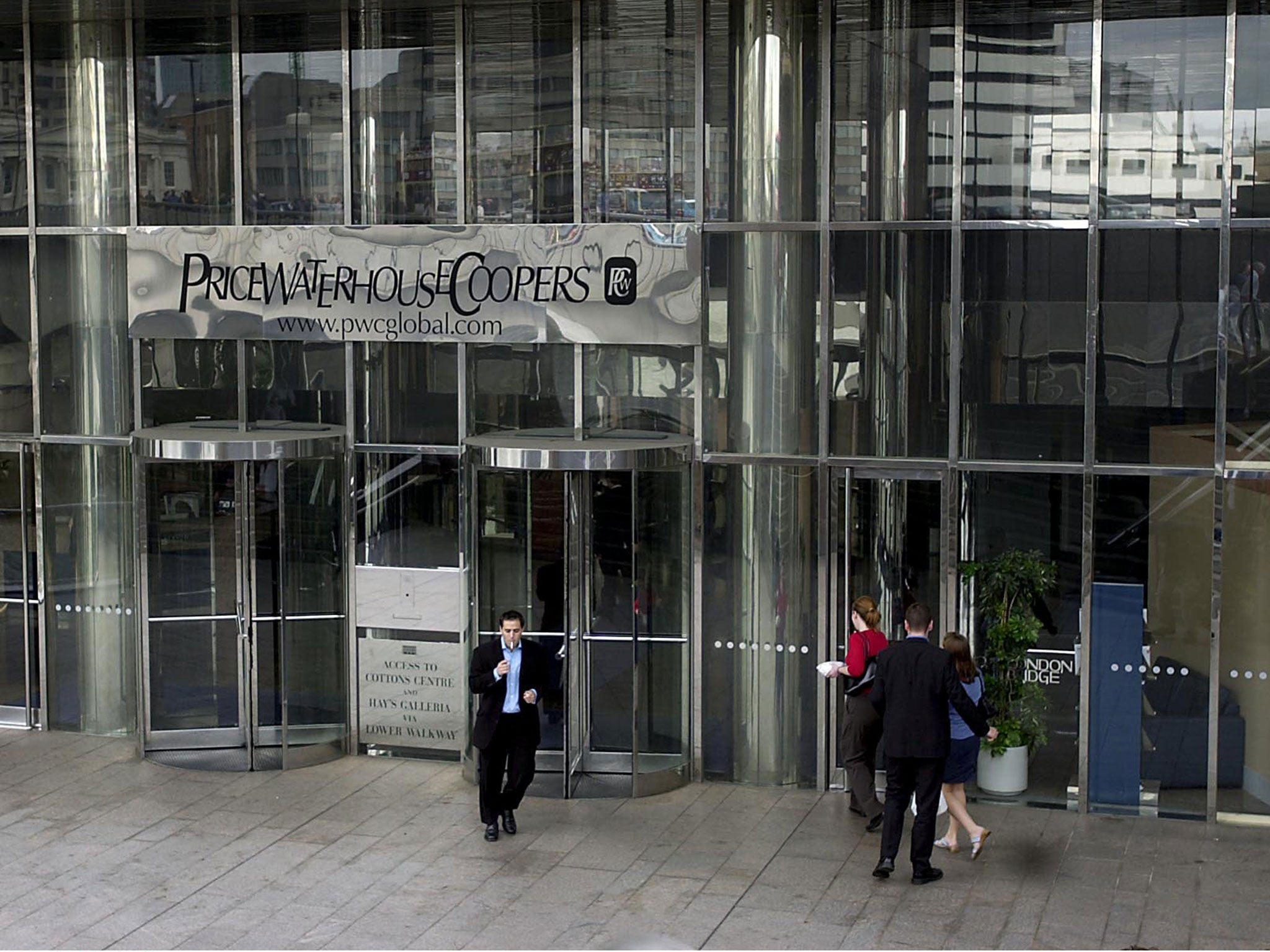Tax avoidance issue is too big for one nation to solve

Your support helps us to tell the story
From reproductive rights to climate change to Big Tech, The Independent is on the ground when the story is developing. Whether it's investigating the financials of Elon Musk's pro-Trump PAC or producing our latest documentary, 'The A Word', which shines a light on the American women fighting for reproductive rights, we know how important it is to parse out the facts from the messaging.
At such a critical moment in US history, we need reporters on the ground. Your donation allows us to keep sending journalists to speak to both sides of the story.
The Independent is trusted by Americans across the entire political spectrum. And unlike many other quality news outlets, we choose not to lock Americans out of our reporting and analysis with paywalls. We believe quality journalism should be available to everyone, paid for by those who can afford it.
Your support makes all the difference.It’s true: some of the world’s biggest companies have invested a huge amount of effort in reducing their tax bill. PwC and the rest of the Big Four accountancy firms have advised them how to do so. And it’s all been completely above board.
What the accountants say is that their role is to advise clients, and that it is for clients to decide whether to take that advice. In truth, for a while now such discussions have come with a health warning about what is appropriate for a business’s reputation.
Pressure from Margaret Hodge and others has meant that the letter of the law has been replaced by the spirit of the law. It cannot be right that Facebook, Google and their peers contribute so little relative to their size. But how much is enough tax? Tax laws don’t provide the answer. They aren’t fit for purpose for fast-moving, digital businesses which don’t have to invest in bricks and mortar in any particular jurisdiction. Who sets the moral code?
The message on tax is muddled. Paying too little is frowned on, but paying less is fine, as long as you are a global company relocating your headquarters to Britain to take advantage of George Osborne’s flagship policy of reducing headline corporation tax.
Meanwhile, PwC and others flourish as hands are wrung over what should be done. The firm is a prime mover in offering tax advice, consulting, and auditing the books. After the latest shake-up of the audit market, it might hold as much as 50 per cent of all FTSE 100 work. And its people get everywhere. Ian Powell, PwC’s UK boss, estimates there are 40,000 of his alumni working outside the firm.
Its advisers will be kept busy by such new measures as the Chancellor’s “diverted profits tax” – a Google tax in all but name and eye-catching but hard to enforce. Unless new tax rules happen in tandem with other countries, would-be investors go elsewhere. Yet a co-ordinated international effort has been snail-like. G20 leaders committed last year to a new standard that requires multinationals to give national governments detailed information about their tax affairs, but not until 2017.
At that point, the battle moves from one between corporations and politicians over what is appropriate. It becomes a scrap between countries for their share of the tax take. Two things are certain: transparency is unlikely to create more income for state coffers overall. For every nation earning more, another will earn less. And offering advice on the best way to share the pie? In all probability, PwC and friends.
Join our commenting forum
Join thought-provoking conversations, follow other Independent readers and see their replies
Comments